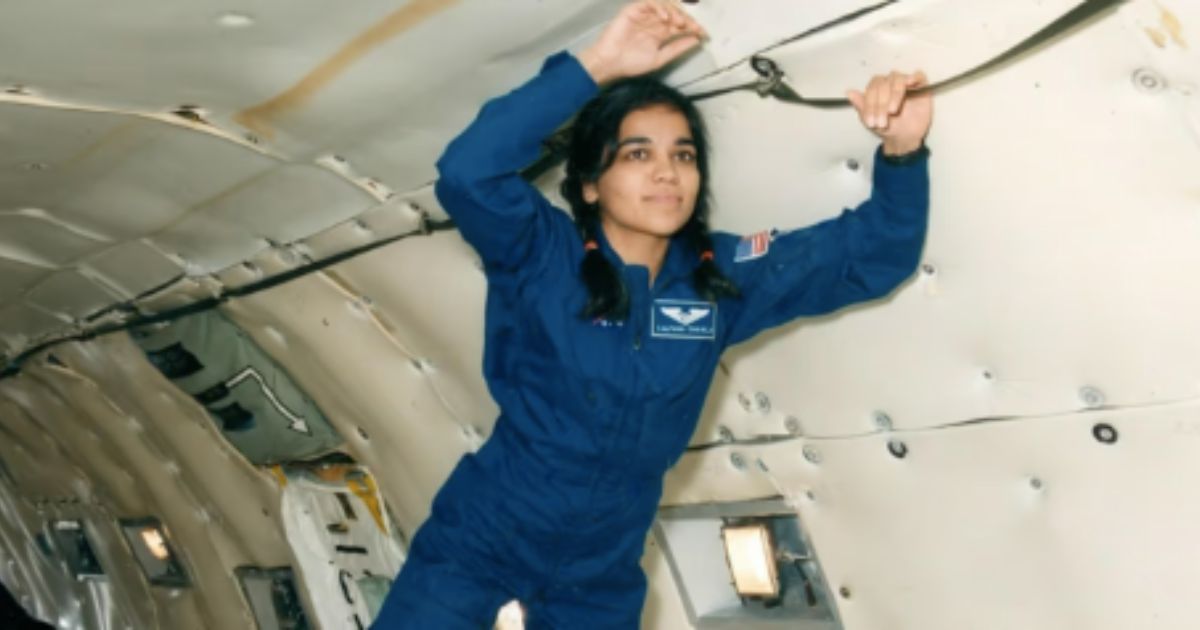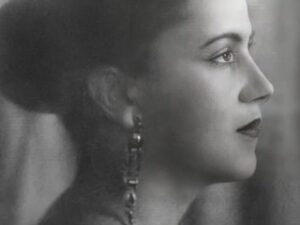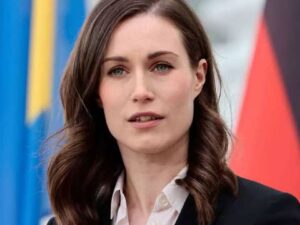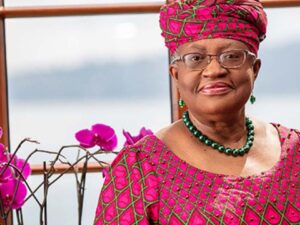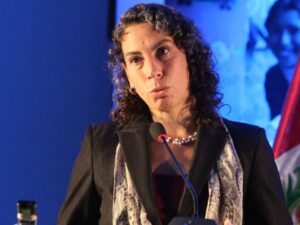Angela Merkel is a name that echoes in the corridors of global power. For 16 years, she led Germany with resilience, intelligence, and an unshakable sense of duty. She wasn’t just a politician; she was a force of nature. From her early days in East Germany to becoming the world’s most powerful woman, Merkel’s journey is nothing short of extraordinary.
Humble Beginnings in a Divided Nation
Born in 1954 in Hamburg, Merkel’s early life was shaped by history. Her family moved to East Germany when she was a child, growing up under communist rule. Unlike many politicians, Merkel didn’t start with a dream of power. Instead, she studied physics and earned a doctorate in quantum chemistry.
But history had other plans. When the Berlin Wall fell in 1989, Merkel saw an opportunity. She entered politics, joining a newly formed democratic party. Soon, she caught the attention of Helmut Kohl, Germany’s Chancellor, who saw potential in the quiet but sharp scientist.
Table of Contents
The Rise of a Political Titan Angela Merkel
Merkel’s ascent in politics was swift. She became Minister for Women and Youth in 1991 and later took on key leadership roles. She was strategic, patient, and brilliant. When a political scandal rocked her party, she made a bold move—she distanced herself from Kohl and took charge. In 2000, she became the leader of the Christian Democratic Union (CDU), a position no woman had held before.
By 2005, Merkel had secured her place in history. She was elected as Germany’s first female Chancellor. It was a defining moment—not just for Germany, but for the world.
Angela Merkel Leading Through Crises
Merkel’s leadership was tested time and again. The 2008 financial crisis, the European debt crisis, and the refugee crisis of 2015 all landed on her desk. She made tough decisions, often unpopular but necessary. Her economic policies helped Germany remain a powerhouse in Europe.
Her most controversial decision was opening Germany’s borders to over a million refugees. Some praised her humanity; others criticized her approach. But Merkel stood firm, believing in a moral responsibility to help those in need.
During the COVID-19 pandemic, she was once again a voice of reason. While leaders around the world stumbled, Merkel’s science-driven approach kept Germany relatively stable.
A Legacy of Strength and Integrity
Merkel never sought attention. She avoided flashy speeches and grand gestures. Instead, she built her reputation on competence, logic, and steady governance. In a world dominated by loud leaders, she proved that quiet strength could be more powerful.
She stepped down in 2021, leaving behind a transformed Germany. She shattered glass ceilings, not with rhetoric, but with action. Her legacy is one of resilience, intelligence, and integrity.
Why Merkel‘s Story Matters
Angela Merkel’s journey is proof that leadership isn’t about showmanship—it’s about vision and courage. She was a woman in a male-dominated world, yet she never played the victim. She let her work speak for itself.
Her story inspires women everywhere. She showed that leadership isn’t about conforming to expectations. It’s about breaking them.
In an era where politics often feels chaotic, Merkel’s steady hand remains a gold standard. Her legacy will continue to inspire generations to come.


















